 |
| August 02, 2022 |
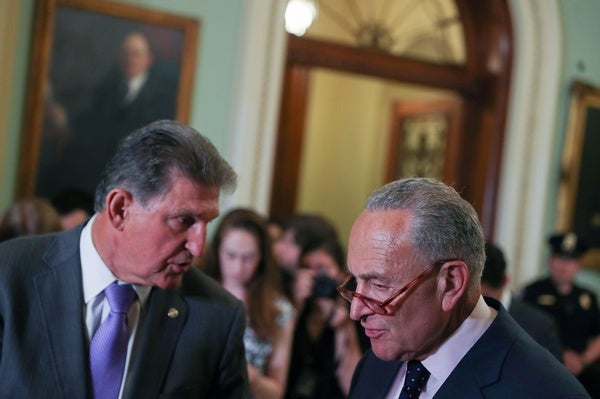 |
| |
| Natural Disasters What Is a Flash Flood? Flash flooding occurs in a short time frame after a precipitation event and is exacerbated by paved surfaces and already saturated soil | | By Janey Camp,The Conversation US | | | |
| |
| |
| |
| |
| |
| |
| |
| |
| |
FROM THE STORE
 | | The Science of Climate Change As evidence for human interference in the Earth's climate continues to accumulate, scientists have gained a better understanding of when, where and how the impacts of global warming are being felt. In this eBook, we examine those impacts on the planet, on human society and on the plant and animal kingdoms, as well as effective mitigation strategies including resourceful urban design and smart carbon policies. *Editor's Note: This Collector's Edition was published as Climate Change. The eBook adaptation contains all of the articles, but some of the artwork has been removed to optimize viewing on tablet devices. |  | | |
FROM THE ARCHIVE
 | | Doing the Math on Biden's Climate Pledge At the COP26 climate summit, the administration aims to show the U.S. will reduce emissions 50 percent in the next nine years By Jean Chemnick,E&E News | November 2021 | | |
LATEST ISSUES
 |
| |
| Questions? Comments?  | |
| Download the Scientific American App |
| |
| |


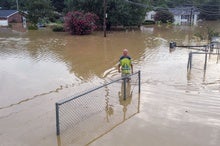
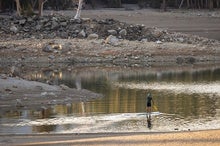
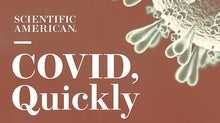
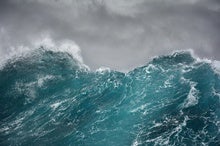
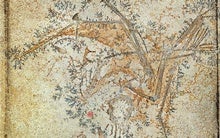

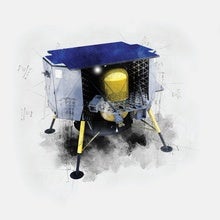
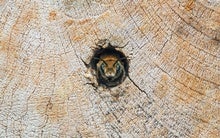
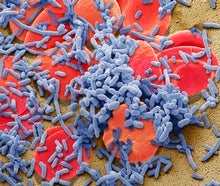

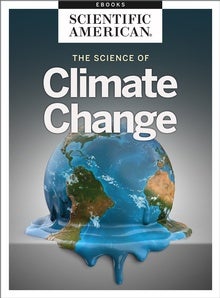


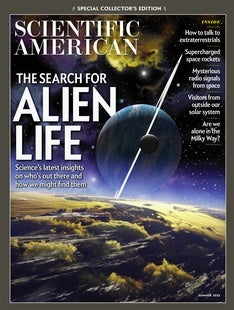

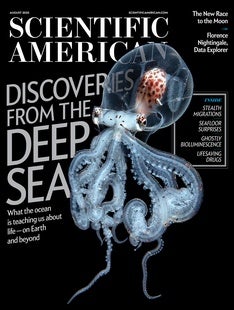
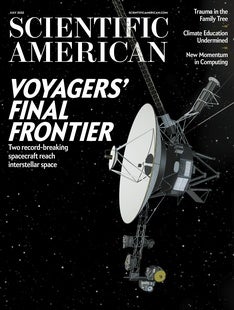
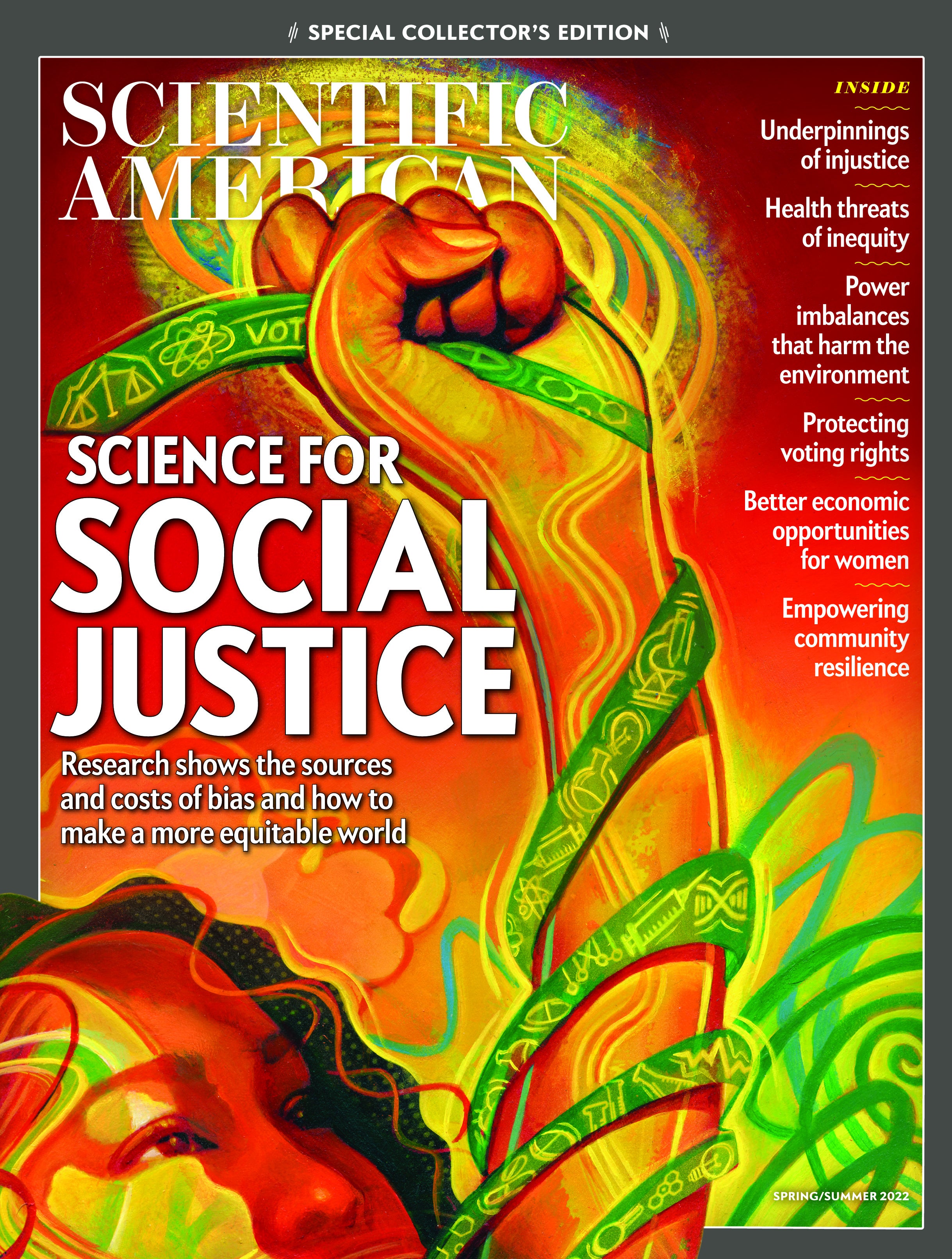



Comments
Post a Comment